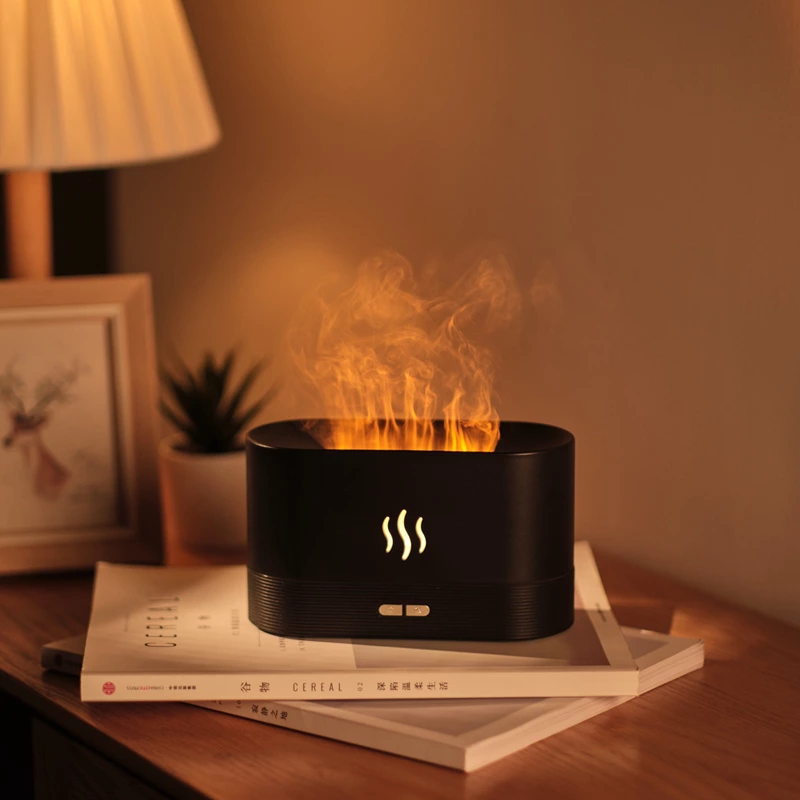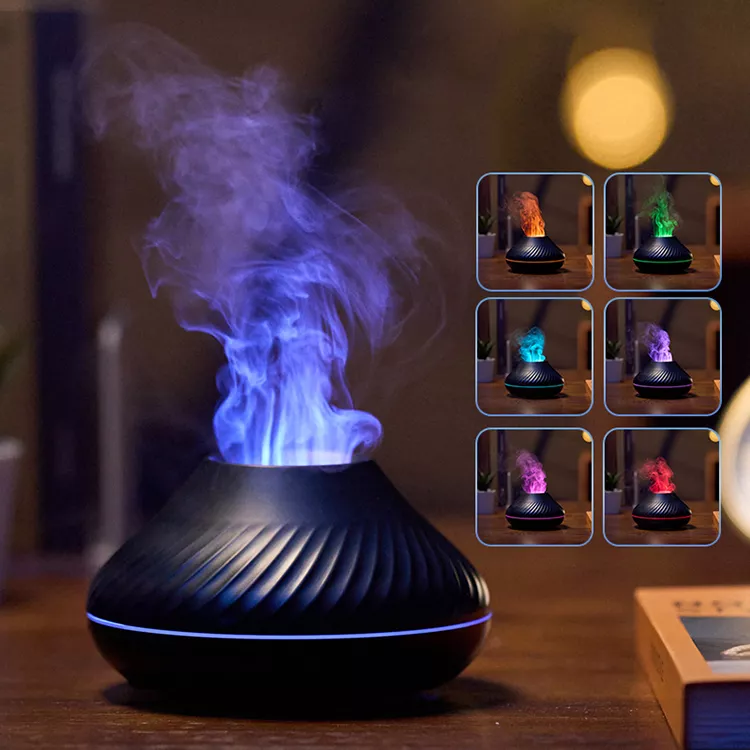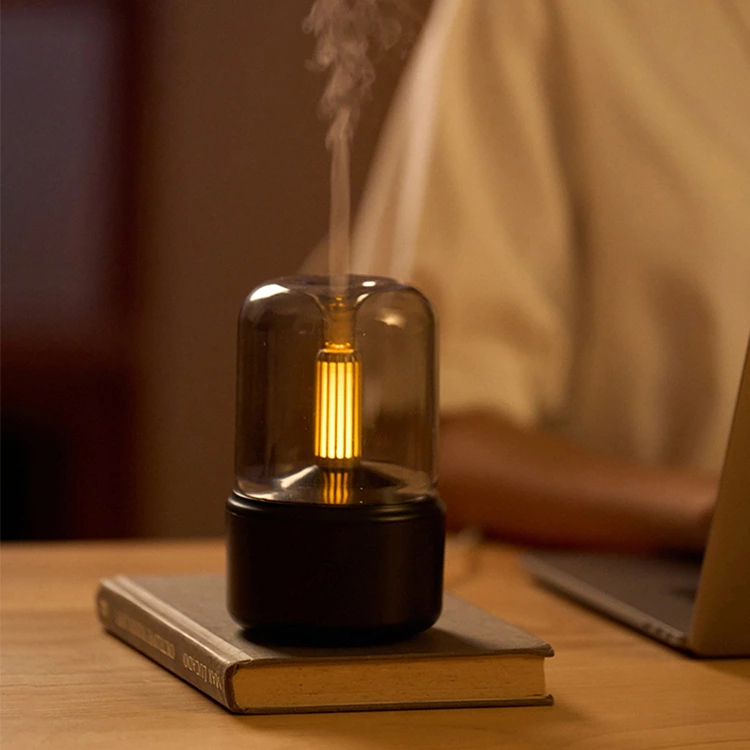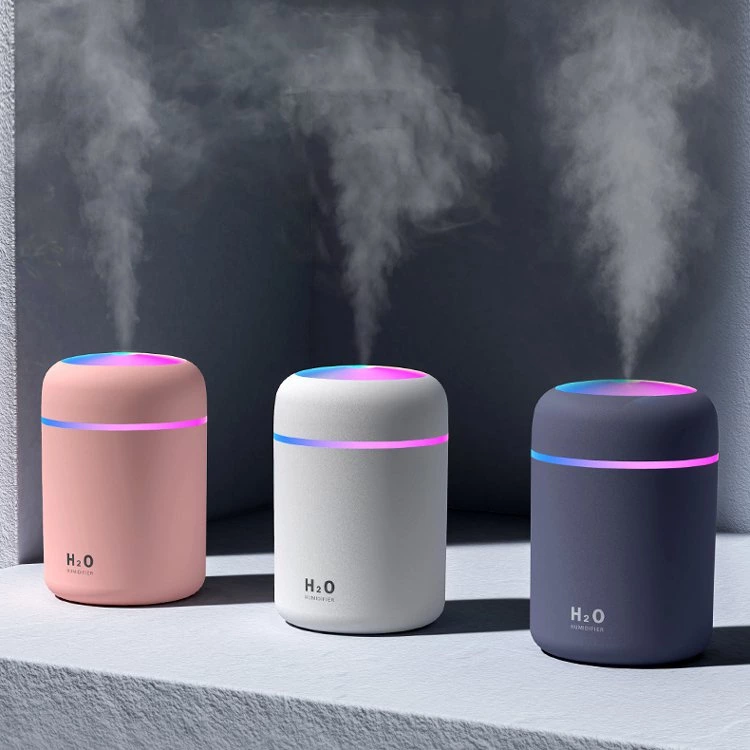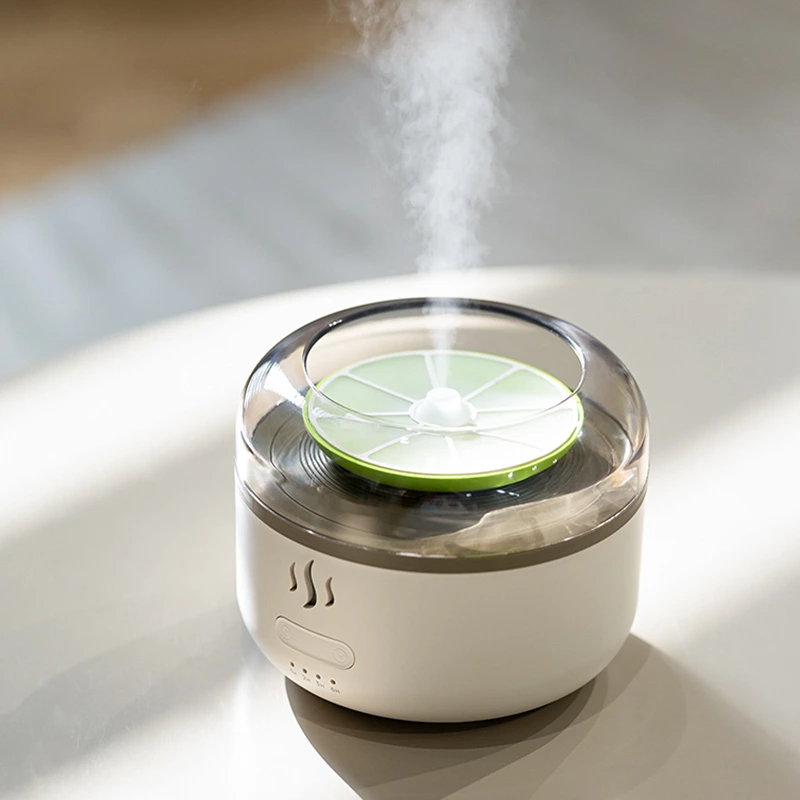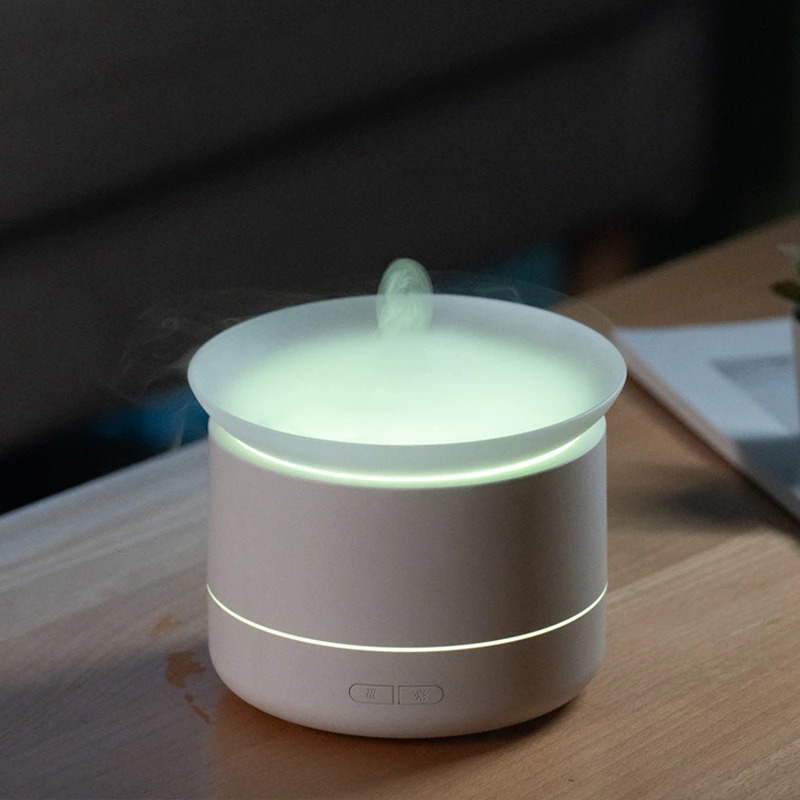The different Types of essential oils
Essential oils are concentrated, aromatic liquids that are extracted from plants. They are one of the most versatile and powerful natural remedies available and can be used for a wide variety of health and wellness purposes. There are many different types of essential oils available, each with its own unique properties and benefits. Here is a breakdown of the various types of essential oils and the benefits they can provide.
1. Single Notes: Single-note essential oils are those that are derived from only one plant. These oils are known for their strong, unmistakable aromas and they can be used to treat a variety of physical and emotional ailments. Examples of single-note essential oils include lavender, rosemary, peppermint, and eucalyptus. We have a lot of essential oils with existing scents, as many as more than one hundred. If you need a specific scent, we can also support custom it for you
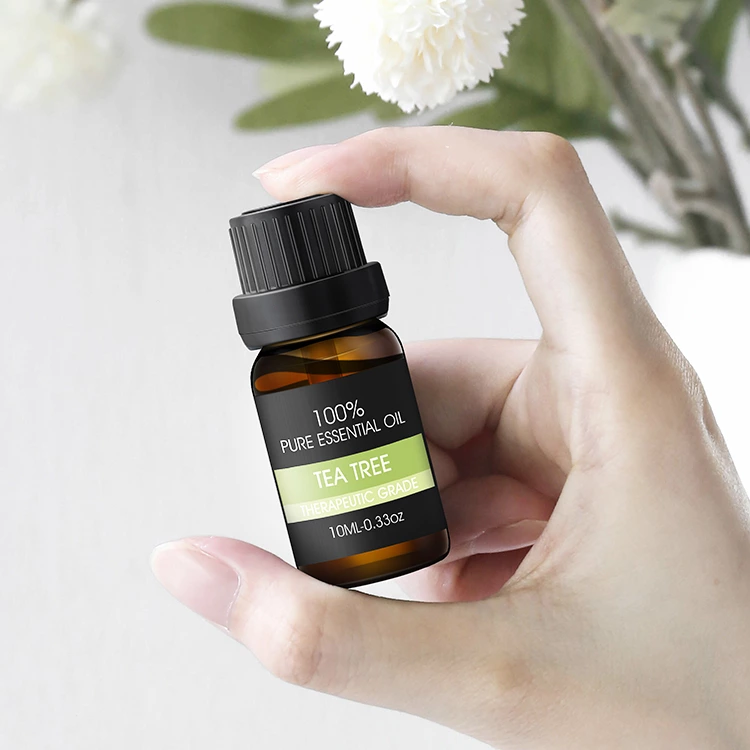
2. Blends: Blended essential oils are created by combining two or more single-note essential oils. These blends are designed to create a more balanced aroma and to provide a wider range of therapeutic benefits. Some popular essential oil blends include lavender and chamomile, eucalyptus and peppermint, and rosemary and lemon. This type of essential oil generally needs to be customized, and the factory needs to assist in matching fragrances. Customize unique aromatherapy essential oils according to the ratio you need. Our factory supports such customization. Many customers like to match 2-3 fragrances. If you need more details, please feel free to contact us!
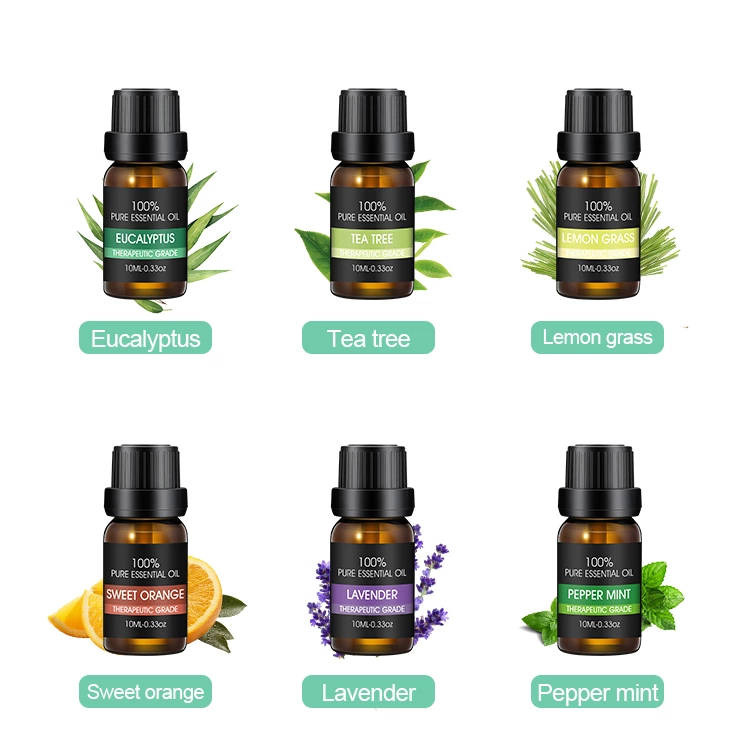
3. Carrier Oils: Carrier oils are vegetable oils that are used to dilute essential oils and make them safer for topical application. They are also used to make essential oils more suitable for aromatherapy. Examples of carrier oils include jojoba, coconut, and almond oil.
4. Organic Oils: Organic essential oils are those that have been grown without the use of pesticides or other harmful chemicals. These oils are typically more expensive than non-organic varieties, but their purity makes them well worth the extra cost.
Finally, there are a few other types of essential oils that are worth mentioning, such as hydrosols, absolutes, and CO2 extracts. Hydrosols are floral waters that are created by distilling plant material, while absolutes are highly concentrated oils that are extracted using solvents. CO2 extracts, on the other hand, are oils that are extracted using special equipment to preserve their therapeutic properties.
Essential oils can be extremely beneficial for your health and wellness. Be sure to research each type of oil carefully to ensure that you are getting the most out of your aromatherapy experience.

